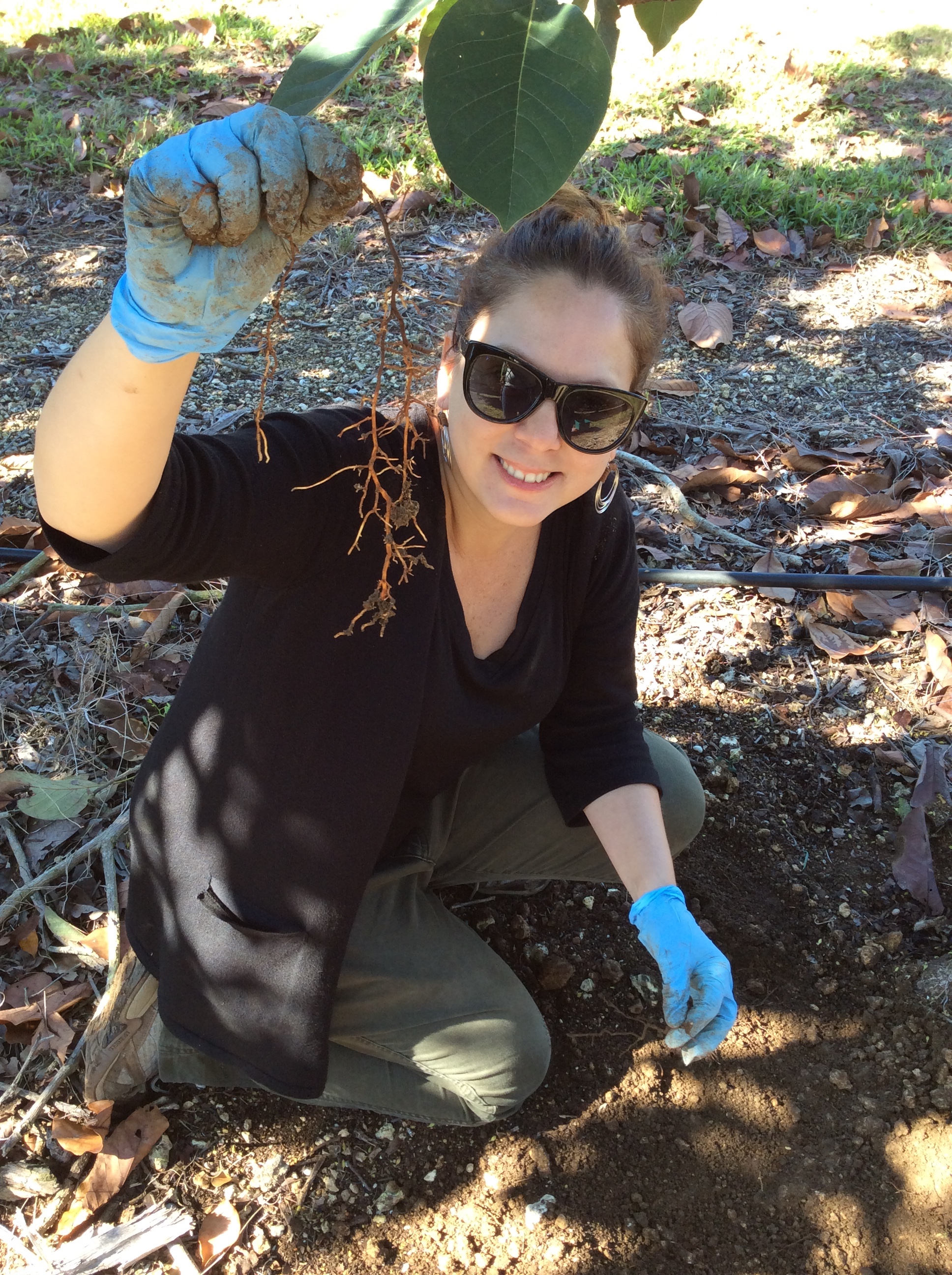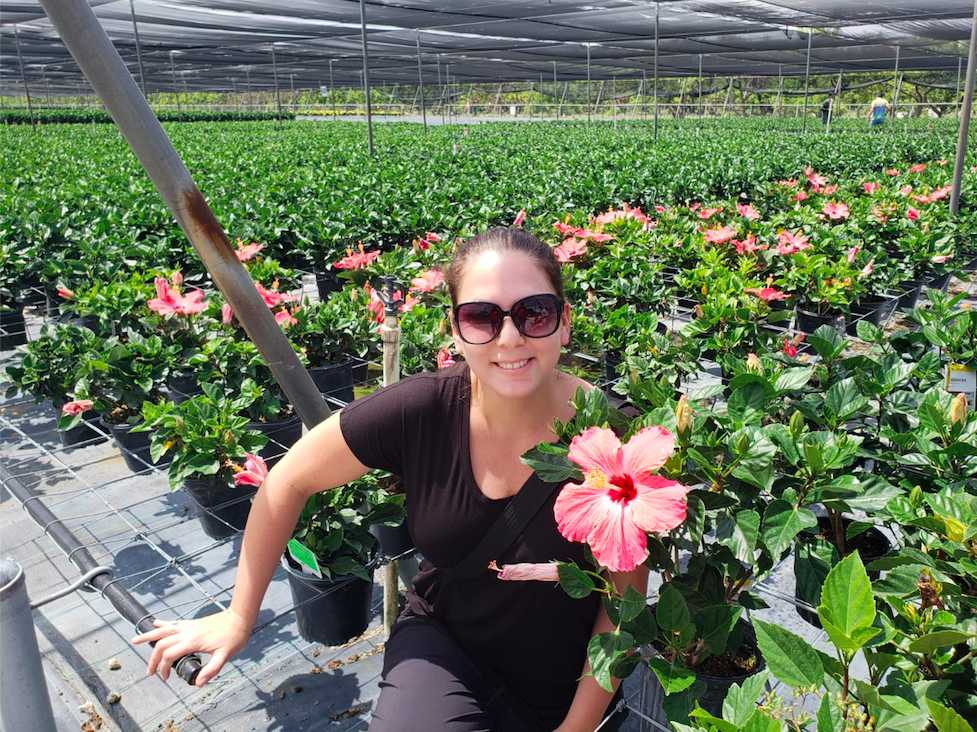Romina Gazis ‘07 graduated from TCU with a master’s degree in environmental sciences. Her program lasted three years, instead of the traditional two years, because she was part of a team of students and researchers from the Botanical Research Institute of Texas (BRIT). They spent two semesters doing fieldwork in the Amazon at Los Amigos Biological Station, which was extremely important for the foundation of her career.
While at TCU, Gazis took many classes in the environmental sciences and biology department. One of the most memorable courses that she took was called Environmental Stewardship, which made an impact on her view of agricultural sustainability. Gazis was also a teaching assistant for Contemporary Issues in Biology. “As an international student that just arrived from Peru, it was difficult and very scary to give a class in English,” Gazis said. “I had great mentors that supported me and guided me through the process. I think this is one of the things that gave me the confidence to speak in public and encouragement to teach.”

After she graduated, Gazis pursued a Ph.D. in plant sciences with an emphasis in mycology at the University of Maryland. She then completed two postdoctoral appointments, one at Clark University and one at the University of Tennessee. After five years of postdocs, she found her dream job at the University of Florida. “I like to solve problems related to plant disease. Helping growers improve their livelihoods is what motivates me,” Gazis said. “I learn something every day and get to apply it to problem solving. I find my job very rewarding even though at times it is extremely challenging.”
The focus of her current research involves finding management options for a devastating disease affecting the avocado industry called Laurel Wilt. Her position at the University of Florida is 60% extension work and 40% research. Gazis is a graduate faculty member in the Department of Plant Pathology in the Institute of Food and Agricultural Sciences (IFAS). She is the primary research plant pathologist for tropical and subtropical ornamental plants and tropical fruits in south Florida. She is also the director and lead diagnostician of the Plant Diagnostic Clinic at the Tropical Research and Education Center (PDC-TREC) in Homestead, Florida.
The primary focus of her position has been the research and extension work oriented towards the needs of stakeholders. Gazis has worked on the development of a statewide program which manages diseases affecting tropical and subtropical ornamental and landscape plants and fruit crops. This program emphasizes education and dissemination of science-based information about ornamental plants and tropical fruit production, disease and pest management, and best practices for pesticide use. Its development and implementation, guided by the needs of farmers, allied industry representatives and county extension agents, occurs in the following main areas: improving disease management and therefore increasing the sustainability of ornamental plants and tropical fruit production and developing a statewide educational program to improve disease management of tropical and subtropical ornamental plants and fruit crops.
Gazis’ research focuses on: (1) formulation, development and implementation of novel protocols for accurate, early, and rapid plant disease diagnostics (as well as revision and optimization of the existing ones), and (2) mitigation of the economic impact of plant diseases by developing management practices such as prevention, treatment and cure. The findings are published in peer-reviewed journals and communicated directly to the local and statewide community through workshops, educational tours, seminars and client interactions.
Gazis credits TCU for giving her a solid foundation for her career. “I very much appreciate my time at TCU and fondly remember my professors. TCU supported my research, even though it was somewhat different to the lines of research in the department at the time, since I was the only one working on fungi,” she said. “The multidisciplinary nature of the department (biology and environmental sciences) provided me with a holistic vision of what is to be a biologist. I received a couple of scholarships to fund part of my field research and to attend a conference with the Mycological Society of America (MSA). I remember TCU as a safe, nurturing, encouraging place and really enjoyed my time there.”
She also shared advice for future students and researchers. “Be perseverant, work hard, and do something that you love. Since my time in TCU, I have worked over 40 hours a week, lots of weekends, and had few vacations. Still, I am happy and can’t imagine myself doing anything else for a living. The academic pathway is a long road, and competition is fierce, but if you love what you do, then it’s worth it.”
